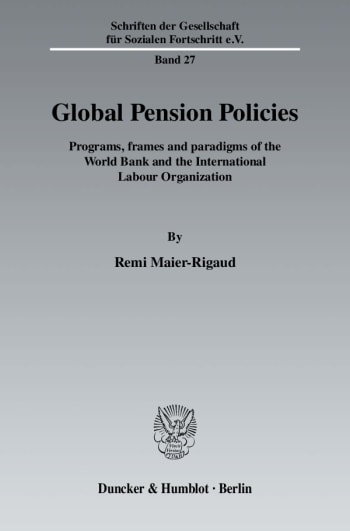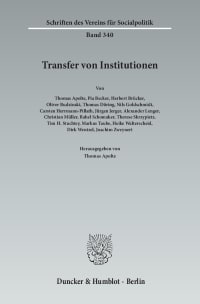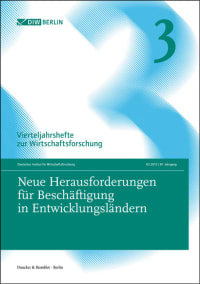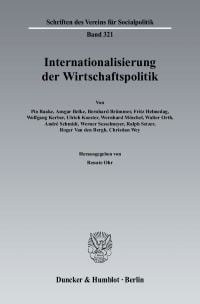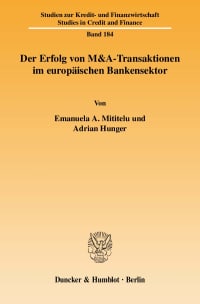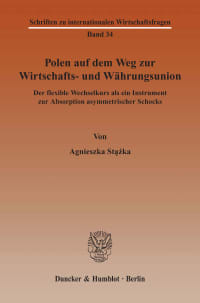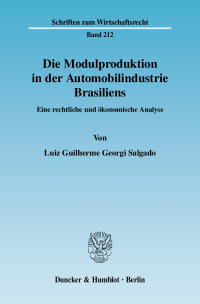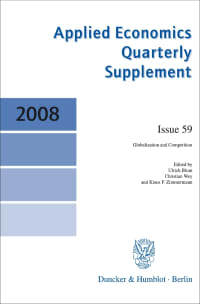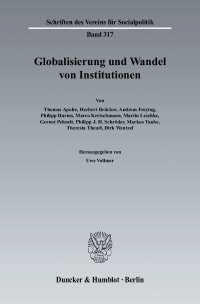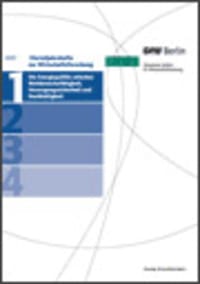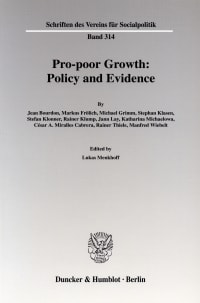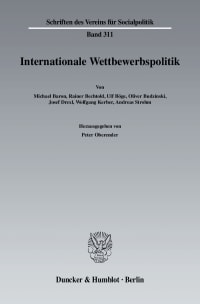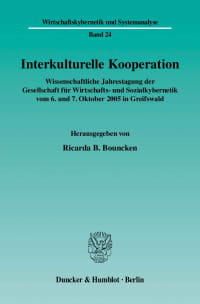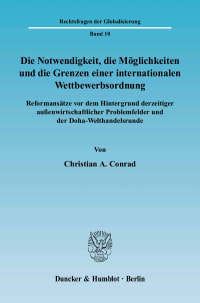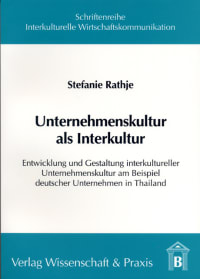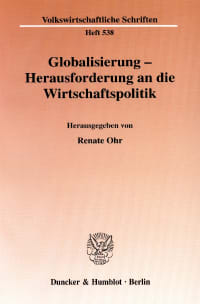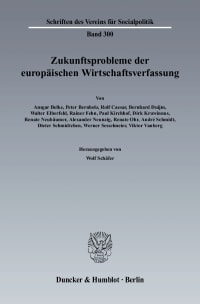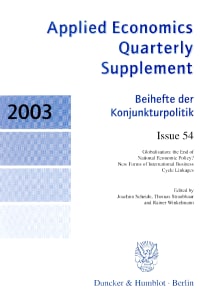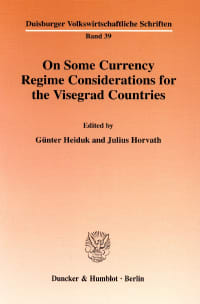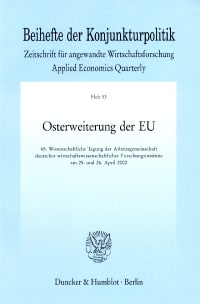Programs, frames and paradigms of the World Bank and the International Labour Organization
Beschreibung
Pension policies are traditionally and still today mainly legislated at the national level. This is due to the lack of a genuine global problem structure that would require transnational action in this field. Yet, in recent years the process of generating new pension policies has become global. Pension policies are increasingly under the influence of global actors, namely the World Bank and the International Labour Organization (ILO). Based on the assumption that international organizations are emergent, partly autonomous corporate actors, the models and ideas diffused by those organizations in the field of old-age pensions are analyzed. Both organizations diffuse ideas on how to conceive of the problem of old-age security and how to respond with adequate solutions.
Since the mid 1990s the active diffusion of pension policies by the World Bank dominates pension reform efforts throughout the world. Its advice to build up multipillar schemes with a strong emphasis on private, funded and defined contribution elements had lasting impacts on national pension policies, especially in Latin America and Eastern Europe. In the face of this competition by the World Bank, the ILO, who traditionally advocated social insurance schemes, lost ground in the global pension debate.
By decomposing ideas into paradigms, frames and programs an in-depth comparative knowledge of the pension policies promoted by World Bank and ILO is provided. One of the main findings is that the strong agenda-setting power of the World Bank is also a result of its homogenous paradigmatic foundation. Hence, ideas account for the power of the World Bank alongside conventional explanations that emphasize its ability to impose loan conditionalities. One example of the independent power of ideas is that following recent EU enlargement the World Bank type pension reforms formerly implemented in Eastern Europe could now become a benchmark within the EU. Thus, World Bank ideas would have found an indirect way to influence the pension policies of the EU-15.
Inhaltsübersicht
Inhaltsübersicht: Introduction - I. Ideas, interests and the emergence of international organizations as corporate actors: Reductionist theories of international organizations - Theorizing emergence of international organizations - Emergence, autonomy and power of international organizations - Ideas, interests and international organizations: A conceptual framework - Chapter conclusion - II. World Bank and International Labour Organization - historical phases, institutional structures and activities: The World Bank - The International Labour Organization - Chapter conclusion - III. Ideational foundations of global pension policies: Programs, frames and paradigms: A typology for the analysis of ideas - Ideas within the World Bank - Ideas within the International Labour Organization - Chapter conclusion - Outlook: Pension policy transfer in Europe - Conclusion - References - Index
Bücher aus denselben Fachgebieten
Kontakt
-
+49 30 / 79 00 06 - 0
-
Bestellinformation
-
Versandkostenfrei innerhalb Deutschlands.
-
Für Kunden aus EU-Ländern verstehen sich unsere Preise inklusive der gesetzlichen Mehrwertsteuer und – außer bei digitalen Publikationen – zuzüglich Versandkosten. Für Kunden aus Nicht-EU-Ländern verstehen sich unsere Preise als mehrwertsteuerfrei und – außer bei digitalen Publikationen – zuzüglich Versandkosten.
-
-
Newsletter
